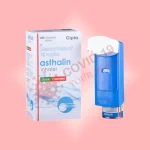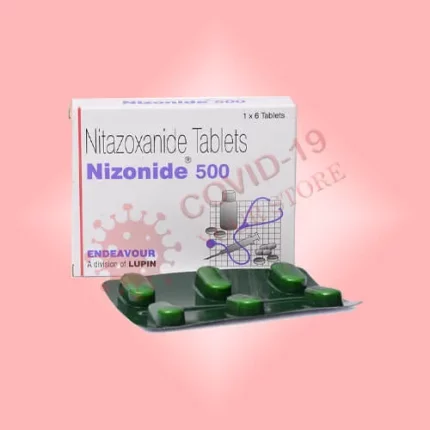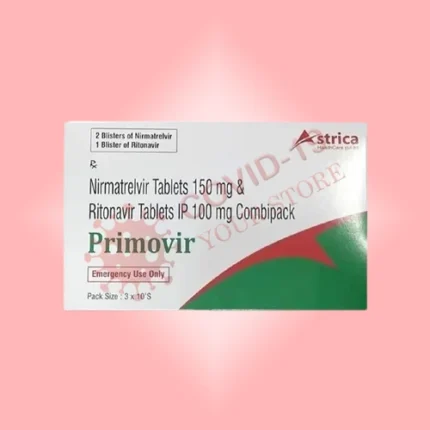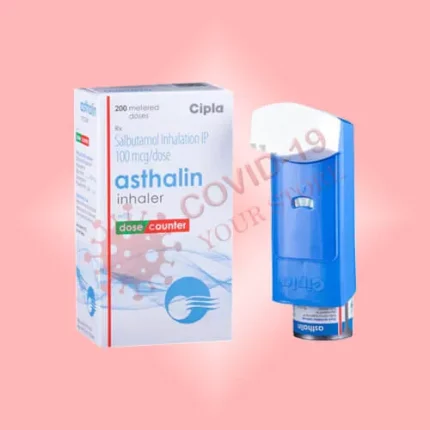What is Asthalin Inhaler (Salbutamol Inhaler)?
The Asthalin Inhaler, also known as Salbutamol Inhaler, is a medication used primarily to relieve symptoms of asthma, chronic obstructive pulmonary disease (COPD), and other respiratory conditions. It contains Salbutamol, a bronchodilator that helps open up the airways in the lungs, making it easier to breathe. The Asthalin Inhaler is typically used to treat wheezing, shortness of breath, and tightness in the chest caused by asthma or COPD.
Salbutamol works by relaxing the muscles in the walls of the airways, which helps to widen the airways and allow more air to flow in and out of the lungs. It is classified as a short-acting beta-agonist (SABA), which means it provides quick relief of symptoms when they occur.
How Does Asthalin Inhaler Work?
The active ingredient in the Asthalin Inhaler, Salbutamol, works by stimulating beta-2 adrenergic receptors in the smooth muscle of the airways. When these receptors are activated, they cause the muscles in the airways to relax, resulting in the dilation (widening) of the airways. This effect helps to relieve symptoms of asthma and COPD, such as wheezing, coughing, and shortness of breath.
Salbutamol’s action is rapid, providing relief within minutes, which makes it a valuable medication for acute asthma attacks or sudden shortness of breath. However, it is important to note that Asthalin Inhaler is not a long-term treatment for asthma or COPD; it is used as a rescue inhaler to provide immediate relief during episodes of difficulty breathing.
Benefits of Asthalin Inhaler
- Quick Relief of Symptoms: Asthalin Inhaler provides fast relief from asthma and COPD symptoms, including wheezing, coughing, and shortness of breath. It acts within minutes, making it an essential medication for acute asthma attacks.
- Improves Breathing: By opening up the airways, Salbutamol helps improve airflow to the lungs, making it easier to breathe during episodes of bronchoconstriction.
- Effective for Asthma and COPD: Asthalin Inhaler is used to treat both asthma and COPD, helping to manage symptoms and reduce the frequency of exacerbations.
- Easy to Use: The inhaler is a convenient and portable device, allowing patients to carry it with them and use it whenever they experience symptoms.
- Relieves Chest Tightness: Asthalin Inhaler helps to reduce the feeling of tightness in the chest, a common symptom of asthma and COPD.
How to Take Asthalin Inhaler
Using the Asthalin Inhaler properly is essential to ensure its effectiveness. Here’s a general guide on how to use it:
- Shake the Inhaler: Before using the inhaler, shake it well to ensure the medication is properly mixed.
- Exhale: Breathe out fully to empty your lungs, ensuring that you can inhale the medication deeply.
- Inhale the Medication: Place the mouthpiece of the inhaler in your mouth and press down on the canister to release a dose of Salbutamol while inhaling deeply. Try to hold your breath for 5-10 seconds after inhaling to allow the medication to reach deep into the lungs.
- Wait Between Puffs: If you need more than one puff, wait at least 30 seconds before taking another dose.
- Rinse Your Mouth: After using the inhaler, rinse your mouth with water to avoid potential irritation or fungal infections in the mouth.
Who Makes Asthalin Inhaler?
The Asthalin Inhaler is manufactured by Cipla, a global pharmaceutical company known for producing a wide range of medications, including treatments for respiratory conditions. Cipla has a strong reputation for its commitment to affordable and high-quality healthcare, and the Asthalin Inhaler is one of its well-known products.
Is Asthalin Inhaler Safe for Humans?
Asthalin Inhaler is generally considered safe for most people when used as prescribed by a healthcare provider. However, like all medications, it may cause side effects in some individuals. It is important to follow the dosage instructions carefully to minimize the risk of side effects.
Before using the Asthalin Inhaler, it is important to inform your doctor if you have:
- Heart problems: Asthalin Inhaler may cause an increase in heart rate or blood pressure, which could be problematic for people with certain heart conditions.
- Thyroid problems: Those with hyperthyroidism should use this medication with caution.
- Diabetes: Asthalin can sometimes affect blood sugar levels, so people with diabetes should monitor their blood sugar closely.
- Allergic reactions: If you have a known allergy to Salbutamol or any of the ingredients in the inhaler, you should avoid using it.
- Pregnancy or breastfeeding: While Salbutamol is generally considered safe during pregnancy, it should only be used if necessary and under the supervision of a doctor.
Side Effects of Asthalin Inhaler
Although Asthalin Inhaler is effective for many people, it may cause side effects in some cases. Common side effects include:
- Tremors or shaking, especially in the hands
- Headache
- Increased heart rate (tachycardia)
- Palpitations (feeling of a fast or irregular heartbeat)
- Nervousness or anxiety
- Throat irritation
- Dry mouth
In rare cases, more serious side effects may occur, including:
- Chest pain
- Severe allergic reactions (rash, swelling, difficulty breathing)
- Severe dizziness or fainting
- Muscle cramps
If you experience any of these serious side effects, stop using the inhaler and seek immediate medical attention.
Disclaimer
This content is for informational purposes only and should not be considered as medical advice. Always consult with your healthcare provider before starting or adjusting any medication, including the Asthalin Inhaler. The information provided here is not a substitute for professional medical guidance, diagnosis, or treatment. Follow your doctor’s instructions for proper use and dosage.













